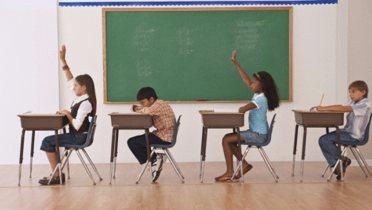Nearly a quarter of schoolchildren in the United States are immigrants or the children of immigrants. A substantial percentage of these children, especially those from Latin America, are falling behind in school. More than 5 million, for example, struggle with their academic subjects because they are still learning English. Evidence shows that three policy reforms—increased attendance in quality preschool, improved instruction in English, and increased attendance in postsecondary education—would improve their school achievement, lift their economic well-being as adults, and increase their economic and social contributions to American society.
One of the nation’s top domestic problems is the poor educational achievement of immigrant youth, both those brought by their immigrant parents to the United States and those born in the United States. The educational achievement of immigrant children who trace their origins to Mexico and other parts of Latin America is especially low. This policy brief reviews the problem of low educational achievement among immigrant children and proposes a set of policy recommendations that would improve their achievement, thereby contributing to individual economic and social mobility as well as to national economic productivity, because workers with more education are more productive (and pay more taxes).
The Brookings Institution is committed to quality, independence, and impact.
We are supported by a diverse array of funders. In line with our values and policies, each Brookings publication represents the sole views of its author(s).




